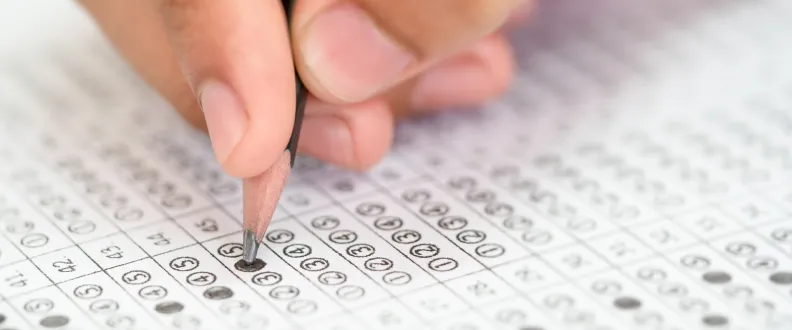
Texas Rethinks Student Testing with a Less Stressful, Year-Round Model
Texas is on the brink of a significant education overhaul as lawmakers push to move away from the high-pressure STAAR exam system in favor of a more flexible, student-friendly testing model.
At the heart of this reform is House Bill 4 (HB 4), which proposes replacing the single, end-of-year STAAR exam with three shorter assessments spaced throughout the academic calendar—in fall, winter, and spring.
This shift builds on lessons learned from the Texas Through-Year Assessment Pilot (TTAP), which has shown promise in turning standardized testing into a tool for continuous learning rather than a one-time judgment.
The new approach offers faster turnaround with results delivered within 24 hours, allowing educators to adjust instruction in real time rather than waiting until summer to evaluate where students underperformed.
Supporters argue the change would lessen student anxiety and reduce the pressure often associated with high-stakes testing. “We’re trying to bring joy back into learning,” said Kate Greer of the Commit Partnership, echoing a widespread belief that the current system narrows the curriculum and discourages creativity. District leaders like Stacey Brister also stress that staggered assessments give teachers meaningful insights and mid-course correction opportunities.
Still, the bill faces political hurdles. A key sticking point remains who will design the new tests, independent vendors or the Texas Education Agency (TEA). Lawmakers are considering a hybrid solution: outsourcing initial assessments and having the TEA oversee the final one.
Though the House has passed HB 4, the Senate remains divided. A special legislative session beginning July 21 offers another chance for progress.
If implemented, the reform could redefine student assessment in Texas, emphasizing growth over grades and well-being over test-day panic, possibly setting a precedent for education systems across the U.S.



